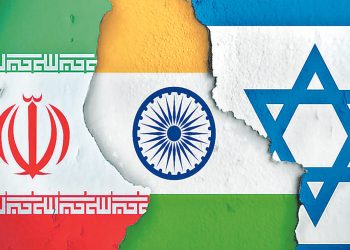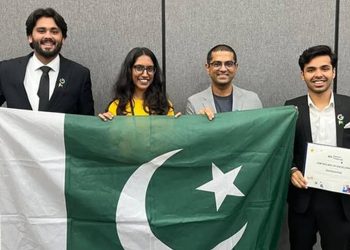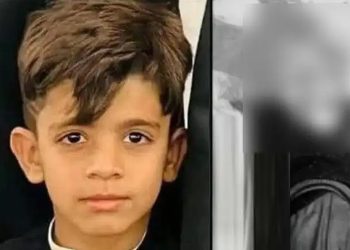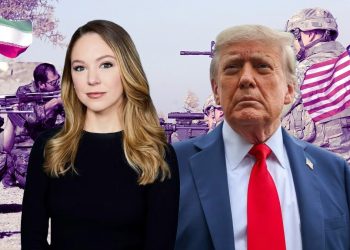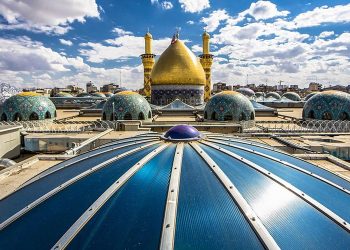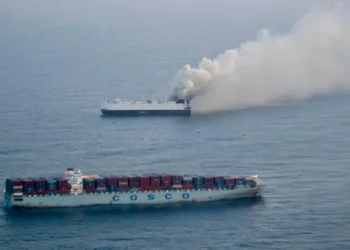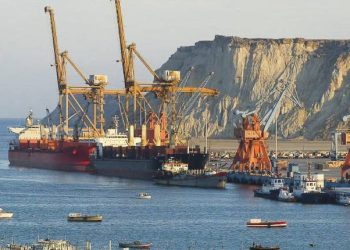Indian Prime Minister Narendra Modi held Pakistan responsible for cross-border terrorism, stating that New Delhi’s efforts to promote peace were met with hostility and betrayal from Islamabad. In a podcast interview with American podcaster Lex Fridman, released on Sunday, PM Modi accused Pakistan of engaging in a proxy war against India.
“They opted not to pursue peaceful coexistence. Repeatedly, they chose conflict over harmony with India. They have waged a proxy war against us. Don’t confuse this with ideology,” he said when asked about the strained relationship with Pakistan and whether he believed there was a possibility for friendship and peace.
He recalled that he invited then-Pakistan Prime Minister Nawaz Sharif to attend his swearing-in ceremony in 2014 to “turn a new leaf” in the tumultuous India-Pakistan relations.
“When I invited my Pakistani counterpart to my swearing-in, it was a gesture of goodwill. It was a diplomatic gesture unlike any in decades. The very people who once questioned my approach to foreign policy were taken aback when they learnt I had invited all the Saarc heads of state. Yet, every noble attempt at fostering peace was met with hostility and betrayal,” he said.
He claimed that even the people of Pakistan had been longing for people as “they must be weary of living in strife and unrest”.
“They must have grown weary of relentless terror, where even innocent children are killed and countless lives are destroyed. What kind of ideology thrives on bloodshed and the export of terror?” he said.
PM Modi said that Pakistan today stood as an epicentre of turmoil, not just for India, but for the world.
“We are not the sole victims of this menace. Wherever terror strikes in the world, the trail somehow leads to Pakistan. We have urged them to abandon the path of state-sponsored terrorism for good. We sincerely hope that wisdom prevails upon them and they choose the path of peace,” he said.
Reflecting on his unexpected 2015 visit to Lahore to meet Nawaz Sharif on his 66th birthday, PM Modi shared that he went there in the hope of fostering peace, but emphasized that India did not achieve the desired results.
“This visit demonstrated the clarity and confidence of India’s foreign policy. It sent a strong message to the world about India’s commitment to peace and harmony. However, we didn’t achieve the outcome we hoped for,” he said.









